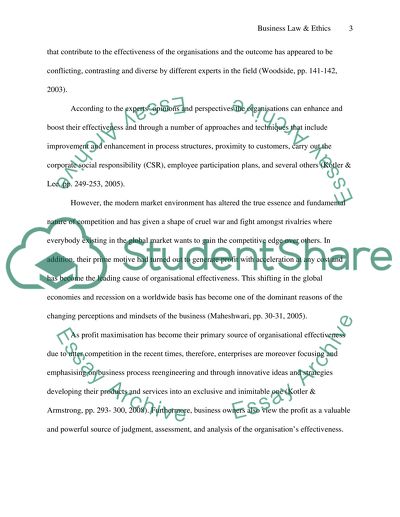Cite this document
(“Business Law and Ethics Assignment Essay Example | Topics and Well Written Essays - 2250 words”, n.d.)
Retrieved de https://studentshare.org/law/1390574-business-law-and-ethics-assignment
Retrieved de https://studentshare.org/law/1390574-business-law-and-ethics-assignment
(Business Law and Ethics Assignment Essay Example | Topics and Well Written Essays - 2250 Words)
https://studentshare.org/law/1390574-business-law-and-ethics-assignment.
https://studentshare.org/law/1390574-business-law-and-ethics-assignment.
“Business Law and Ethics Assignment Essay Example | Topics and Well Written Essays - 2250 Words”, n.d. https://studentshare.org/law/1390574-business-law-and-ethics-assignment.


